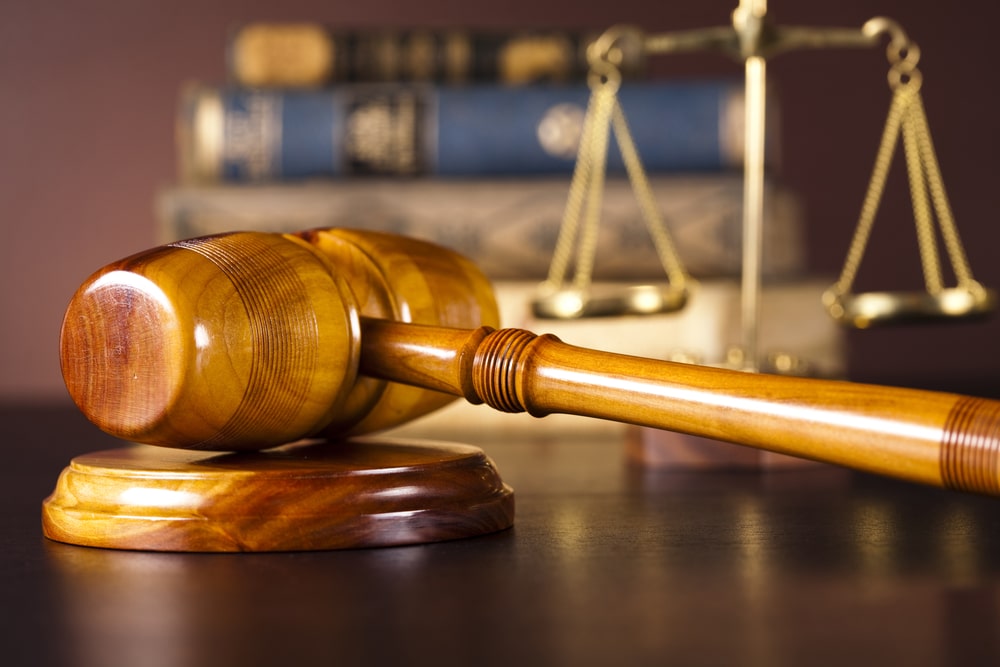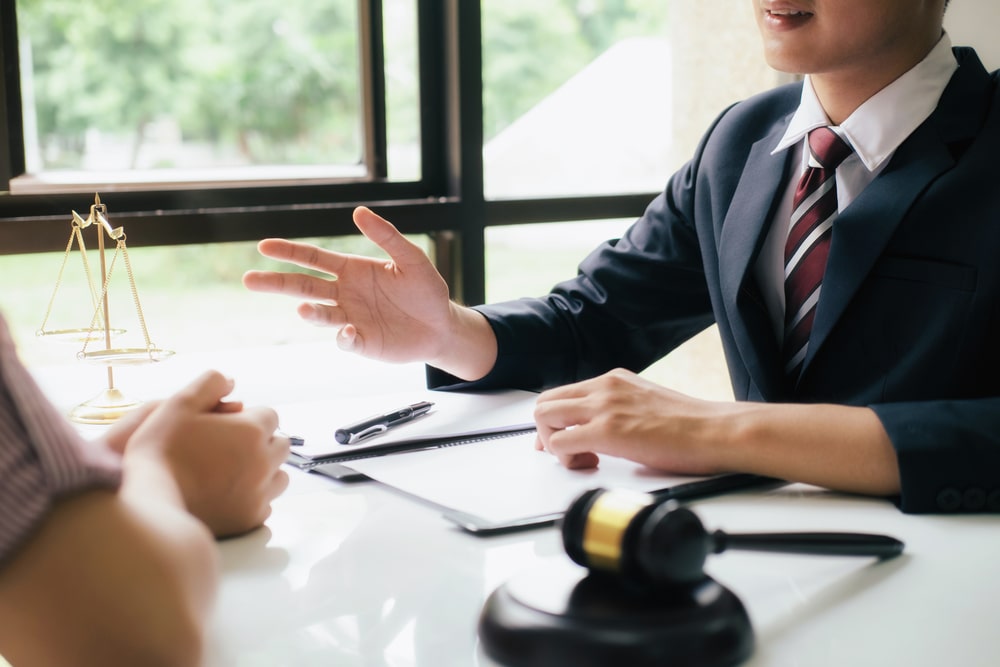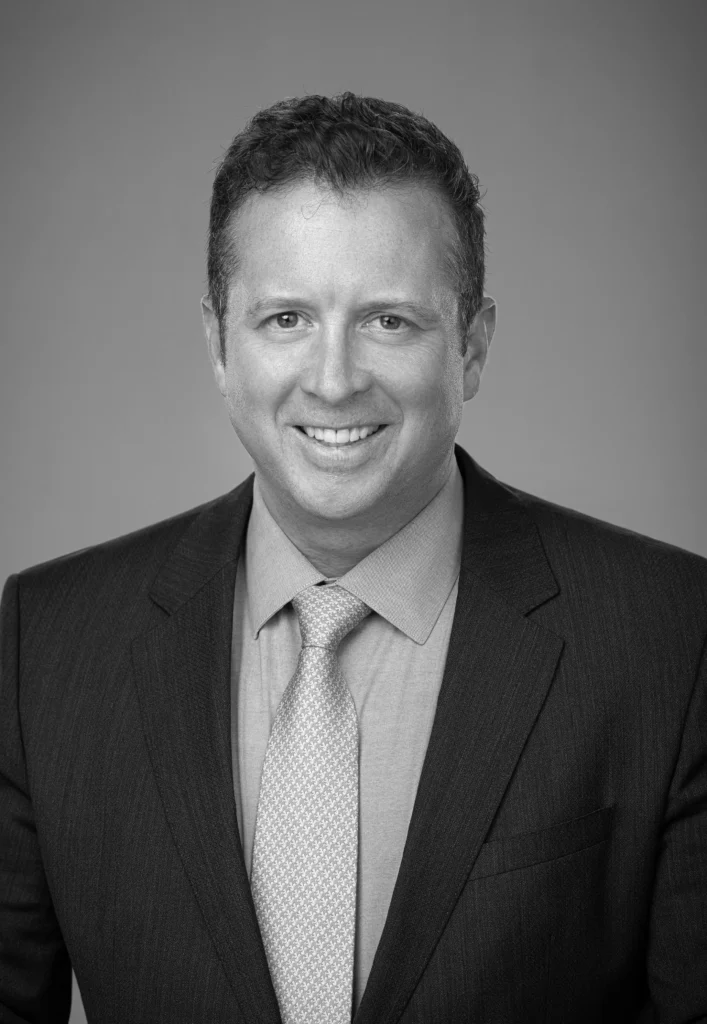If you were injured in a skiing, snowboarding, or lift accident while out for a day on the slopes, it may be in your best interest to discuss your situation with a reliable Washington ski accident lawyer to see if you may be entitled to compensation from the negligent person or party that caused your injuries. Attorney Zach Herschenson established Herschensohn Law Firm, PLLC to provide attentive, aggressive, and effective representation to injury victims and their families. If you or someone you love was injured in a ski accident, we are here to help. We provide free consultations and 24/7 live answering. Contact us today to see how we may be able to start defending your rights by fighting for compensation to cover expenses that are the result of your injuries.
Skiing is a very popular sport in Washington and we have the Washington Skiing and Commercial Activities Act (RCW – Title 79A – Chapters 79A.45.010) to help protect people when they are enjoying a day at a ski resort but they also protect the ski resorts. Even with protective laws, it can be very difficult to get parties whose negligence caused an innocent person’s injuries and their insurance companies to pay the full amount they should. It is often difficult to prove fault in skiing accidents and to get the full amount of compensation an injury victim is entitled to without the help of a good Washington ski accident lawyer.
While it is not difficult to file a claim against a fellow skier or snowboarder whose negligent actions caused someone’s injuries, it can be difficult to hold them liable and get the money the victim is entitled to. One reason is that unlike car and other vehicle drivers, skiers and snowboarders are not required to carry insurance when they ski. Many people, minors in particular but adults too, who cause injuries do not have the money to pay for the expenses they cause. Another reason is that many skiers and snowboarders who cause accidents do not stop, and unless a witness can identify the suspect- and then someone can find them- you cannot sue someone whose identity is unknown. Sadly, even if the perpetrator stays and provides contact information, and has money, it can still be tricky to get the compensation a victim is entitled to. Good personal injury lawyers may have the knowledge and resources to overcome these challenges and be able to help you seek justice by getting the compensation that you are entitled to.
Lawsuits against ski area operators are notoriously difficult to prevail in Washington. Skiing is such a profitable industry here and Washington ski laws are mainly designed to protect ski resort and ski area operators from liability. A good personal injury lawyer who is experienced with Washington ski laws can explain more and assess if your situation warrants filing a claim.
For a reliable Washington ski accident lawyer, contact the compassionate team at Herschensohn Law Firm, PLLC for a free case evaluation.

At Herschensohn Law Firm, PLLC, we represent individuals hurt in a wide range of personal injury matters, including those involving winter recreation accidents. Whether you’re injured at a ski resort, by defective gear, or due to another skier’s actions, we build cases designed to recover compensation for medical bills, lost income, and long-term effects. Below are several types of personal injury claims our Washington ski accident lawyer frequently handles.
A ski accident can easily occur if the location is not properly maintained — particularly within ski resorts. Our team will work to prove that the resort was at fault for your accident.
When rental skis, bindings, lifts, or helmets fail due to lack of maintenance or poor design, injuries can be severe. These cases often involve examining inspection records and identifying defective equipment.
Some accidents occur when a skier acts recklessly, going too fast or ignoring posted signs. If another person’s behavior caused your injury, we assess whether their actions meet the legal standard for negligence.
Chairlifts must be properly operated and maintained. If an injury happens while boarding, riding, or exiting the lift, we investigate operator conduct and maintenance logs.
Ski schools and guided tours are responsible for keeping participants safe. When instructors fail to provide proper direction or supervision, especially to beginners or children, liability may follow.
Resorts have a duty to clearly mark closed trails, dangerous drop-offs, and changing conditions. If these warnings are missing or not visible, that can lead to legal responsibility if someone is hurt.
Some injuries — such as spinal cord damage, traumatic brain injury, or fractures — can have lasting effects. For example, ongoing physical therapy may be needed for fractures, or ongoing money may be lost due to a severe spinal cord injury that no longer allows the person to work. We work to recover costs tied to rehabilitation, home adjustments, and long-term care, especially when the injury affects work or daily life.
We’ve secured millions of dollars for injured clients across King County, Kent, and the Seattle area, including single settlements as high as $2.7 million. When serious harm happens on the slopes or elsewhere, we aim to hold the right parties responsible.
Ski resorts offer waivers and post warning signs that outline the assumed risks of skiing. However, there are situations where a resort or its employees can still be held legally responsible. These include preventable hazards that fall outside the normal risks of the sport, like unmaintained trails, broken lifts, or poorly managed resort operations.
While some incidents are truly accidents, others involve clear signs of negligence. If a ski area failed to take reasonable precautions or ignored safety protocols, injured individuals may have a valid claim. Our role is to investigate what happened, collect evidence, and determine whether the operator’s actions — or inactions — led to preventable harm.
Not every injury at a ski resort leads to a lawsuit, but serious incidents should be reviewed. In some cases, the resort’s insurance may cover your injuries, but they may not offer a fair amount upfront. That’s where a Washington ski accident lawyer can step in to assess what your case is truly worth. They will talk to the insurance company on your behalf to ensure you are treated fairly.
You may also have a case if faulty ski equipment caused your injury, such as bindings that failed to release, boots that were not properly fitted, or helmets that did not meet safety standards. These claims may involve both the resort and the product manufacturer.
If you’re recovering from a serious ski injury and believe resort negligence may have played a role, we’re here to talk with you. A Washington ski accident lawyer can help you understand your options and whether pursuing compensation makes sense for your situation. Don’t wait — reach out to our team today to discuss your next steps.

Skiing is a popular winter activity in Washington, but it comes with serious risks. While many people enjoy the slopes without issue, injuries can and do happen — often due to more than just bad luck. At Herschensohn Law Firm, PLLC, we’ve worked with clients injured in skiing incidents where another person, resort staff, or equipment failure played a part. As a Washington ski accident lawyer, we help injured skiers understand what led to the incident and whether someone else may be legally responsible.
Here are some of the most common causes of ski accidents based on what we’ve seen.
One of the most frequent causes of injury on the slopes is a collision between skiers or snowboarders. These accidents often occur when someone is skiing too fast for the conditions, isn’t watching their surroundings, or cuts across a trail without looking. Right-of-way rules exist for a reason, and when they’re ignored, people get hurt. Other skiers can be held liable for your injuries.
Ski resorts are required to mark trails, hazards, and boundaries clearly. When signs are missing or unclear, skiers may unknowingly enter dangerous areas or hit objects like rocks, tree stumps, or fencing. We’ve seen injuries caused by unmarked drop-offs or trails that were not properly maintained. As a Washington ski accident lawyer, we review whether signage and warnings met safety standards. We also work to prove if a sign was missing in a crucial location.
Faulty bindings, worn-out boots, or improperly adjusted skis can all lead to loss of control. In rental situations, the shop has a duty to check that equipment is safe and properly fitted. When this doesn’t happen and a skier is injured due to a gear failure, the rental company may be at fault.
Ski lessons are meant to teach safety and control, especially for beginners. If an instructor fails to keep the group together, gives poor advice, or puts skiers on trails above their skill level, injuries can result. This can also apply to group outings or youth programs where there’s a lack of supervision or training.
Getting on and off ski lifts might seem simple, but injuries do happen here. Sudden stops, equipment issues, or inattentive lift operators can cause people to fall or be struck. In some cases, maintenance failures are to blame, especially if the lift has not been inspected or repaired as needed. However, operators may be found at fault if they are not helping skiers on the lifts.
Ski resorts are responsible for grooming trails, clearing snow and ice from common areas, and responding to accidents. When resorts fail to keep high-traffic areas safe — like lodge entrances, walkways, or lift lines — slip and fall injuries can occur even off the slopes.
While weather is out of human control, resorts still have a duty to close trails or warn guests when conditions become too dangerous. Low visibility, ice buildup, or avalanche risk can turn a routine run into a serious emergency. If staff fail to monitor or respond to changing weather, they may share some responsibility.
At Herschensohn Law Firm, PLLC, we help clients make sense of what happened and whether a claim may be possible. Our team has earned 5-star ratings on Avvo and has been recognized for one of the Top 20 Jury Verdicts in Personal Injury. If you’ve been injured on the slopes, working with a Washington ski accident lawyer may help you understand your options and protect your rights.

This is Request your free case evaluation form.

After a worker was electrocuted on a construction site and suffered life-changing injuries, we fought and won on their behalf.
When a retired man was killed in a truck accident, we made sure his grieving family got fair compensation.
When a defective medical device harmed our client, we fought to ensure they had the financial compensation needed to recover.
Hurt? Let our law firm handle the details
When you request your free consultation, Kent personal injury attorney Zach Herschensohn will listen to you, answer your questions, lay out your legal options, and give you down-to-earth legal advice.
When you work with our law office, there are no obligations, hidden fees, or fine print. It’s that simple.
Lawyer fees for car accident cases vary. Most work on a contingency basis, taking 25% to 40% of the settlement. Hourly rates might range from $100 to $500+. Additional costs like filing fees can apply. Free consultations help you understand the fee structure.
Most injury lawyers work on a contingency basis, taking 25% to 40% of the settlement or award. This means they’re only paid if they win your case.
In Florida, lawyers typically take a contingency fee of around 33% to 40% of the settlement amount in personal injury cases. This fee structure ensures they are paid only if your case is successful.
By checking this box, I consent to receive SMS messages. I understand that Message and data rates may apply and that I may reply STOP to opt-out of future messaging; reply HELP for additional messaging help. Message frequency may vary depending on interaction between you and our office. No mobile information will be shared with third parties/affiliates for marketing/promotional purposes. All the above categories exclude text messaging originator opt-in data and consent; this information will not be shared with any third parties.